
China
12:16, 19-Oct-2017
Is China’s development path universal?
CGTN
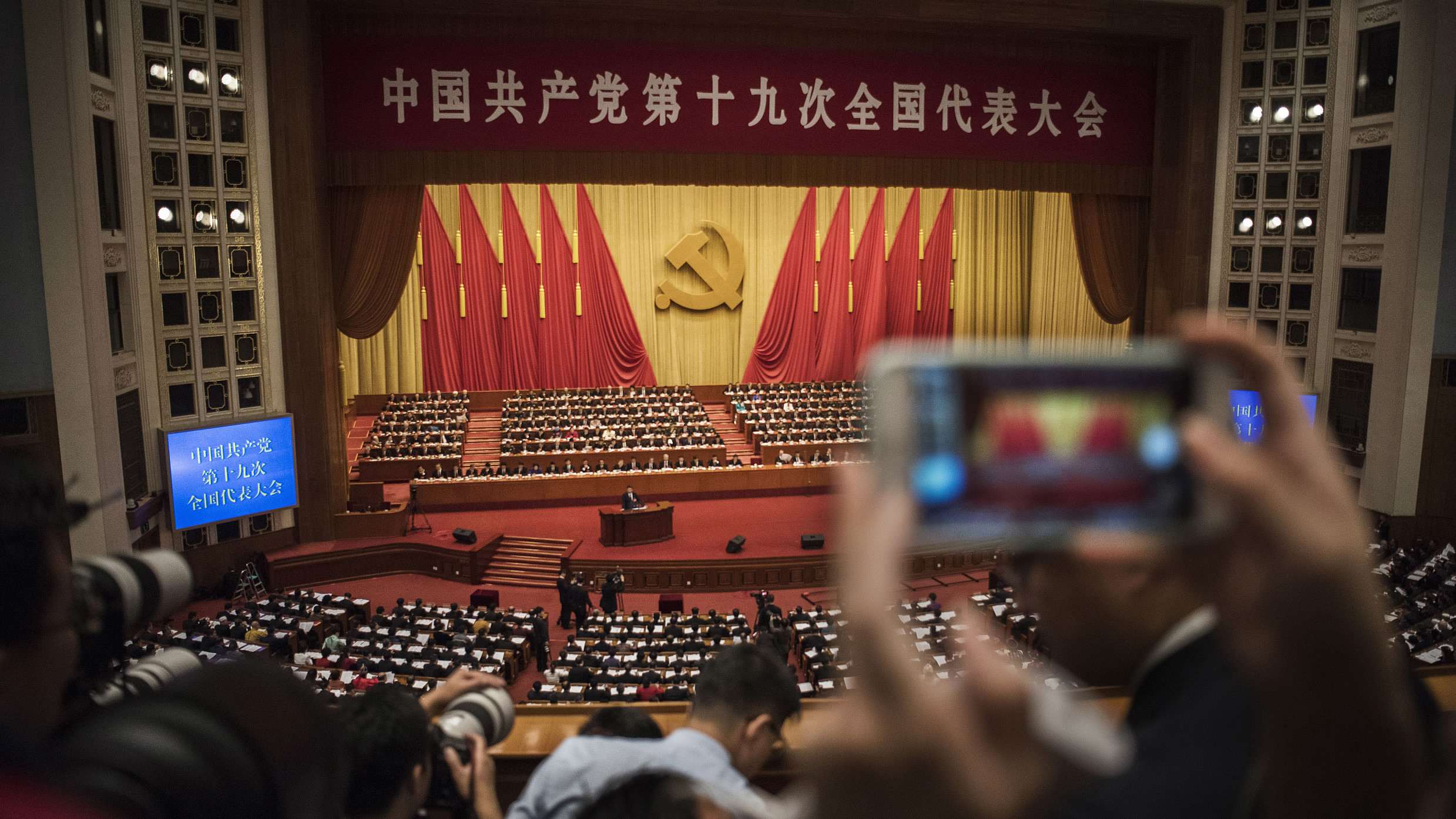
By CGTN's The Point
“China is taking a different (development) path and other countries, particularly developing countries, might learn from that path,” said Josef Mahoney, professor of politics at East China Normal University. “They don’t necessarily have to follow the old development model that didn’t necessarily work for them.”
Speaking on CGTN’s The Point, Mahoney shared his reading of what President Xi Jinping described as “socialism with Chinese characteristics entering a new era” in a work report at the opening of the CPC’s 19th National Congress in Beijing on Wednesday.
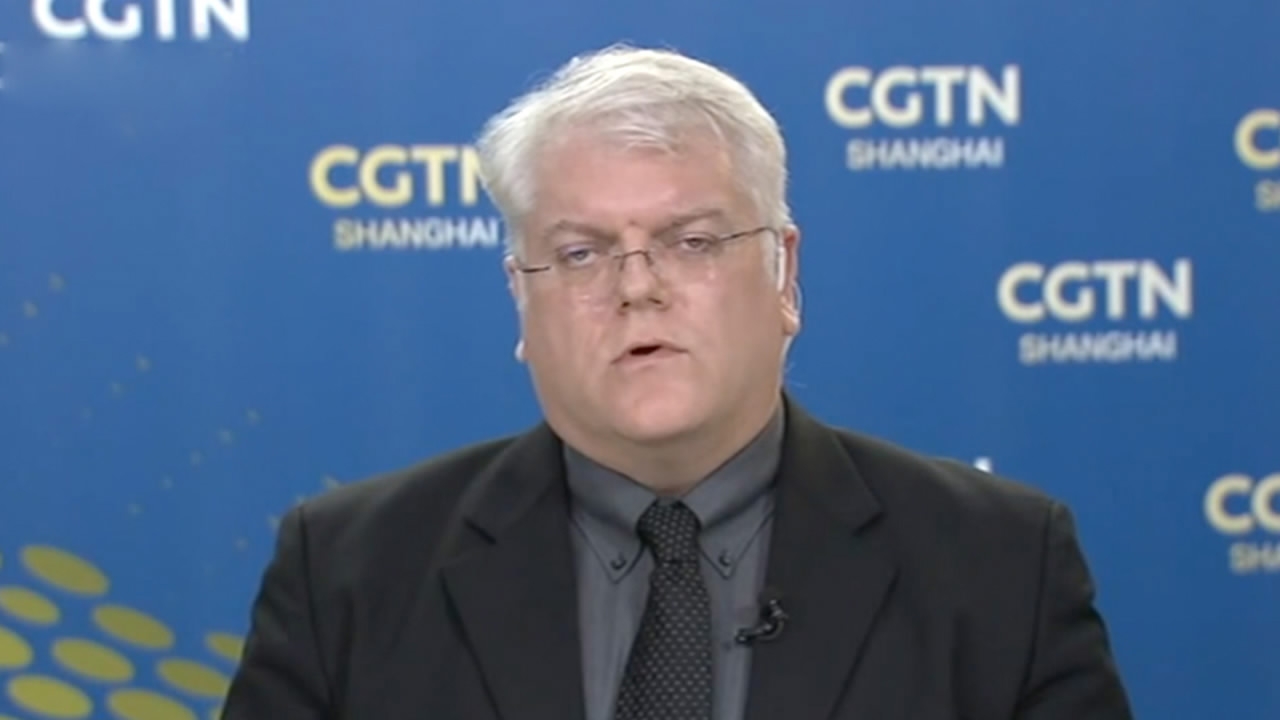
The report said “…The path, the theory, the system and the culture of socialism with Chinese characteristics have kept developing, blazing a new trail for other developing countries to achieve modernization. It offers a new option for other countries and nations who want to speed up their development while preserving their independence; and it offers Chinese wisdom and a Chinese approach to solving the problems facing mankind.”
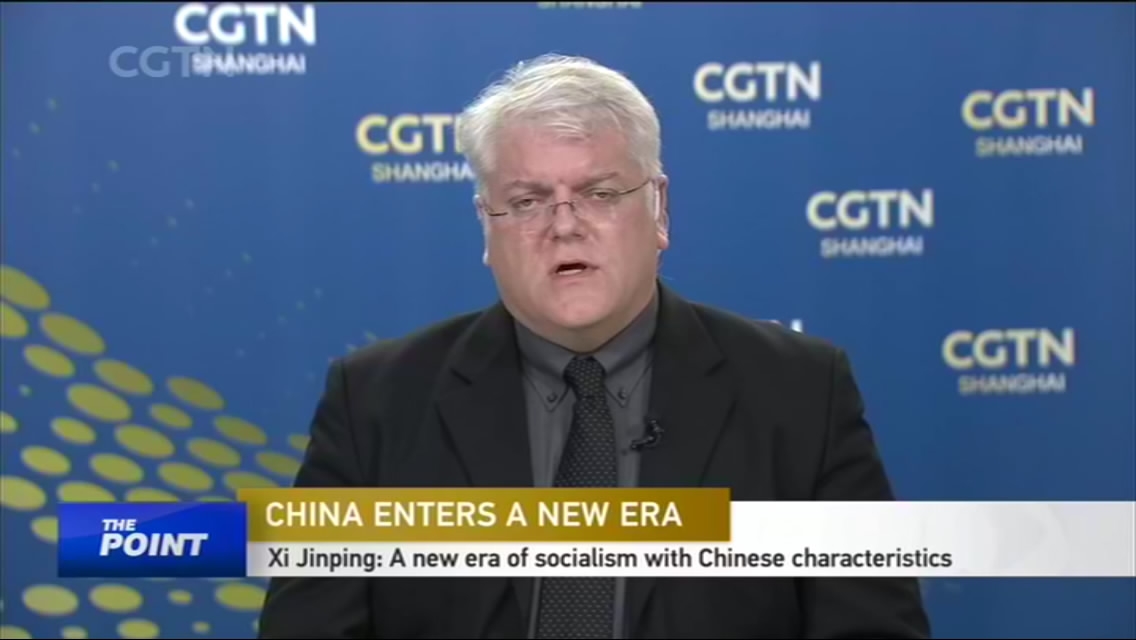
Josef Mahoney, professor of politics at East China Normal University. /CGTN Screenshot
Josef Mahoney, professor of politics at East China Normal University. /CGTN Screenshot
Mahoney referred to the outdated “Washington consensus,” a paradigm laid out by British economist John Williamson in the late 1980s which was considered the standard economic policy prescriptions for reform in developing countries, which is slowly being superseded by the Chinese Model.
“The Chinese leaders themselves never really went that far,” Mahoney said. “They also contend that what China does is very unique to China and it is really importable and necessary to other countries.”
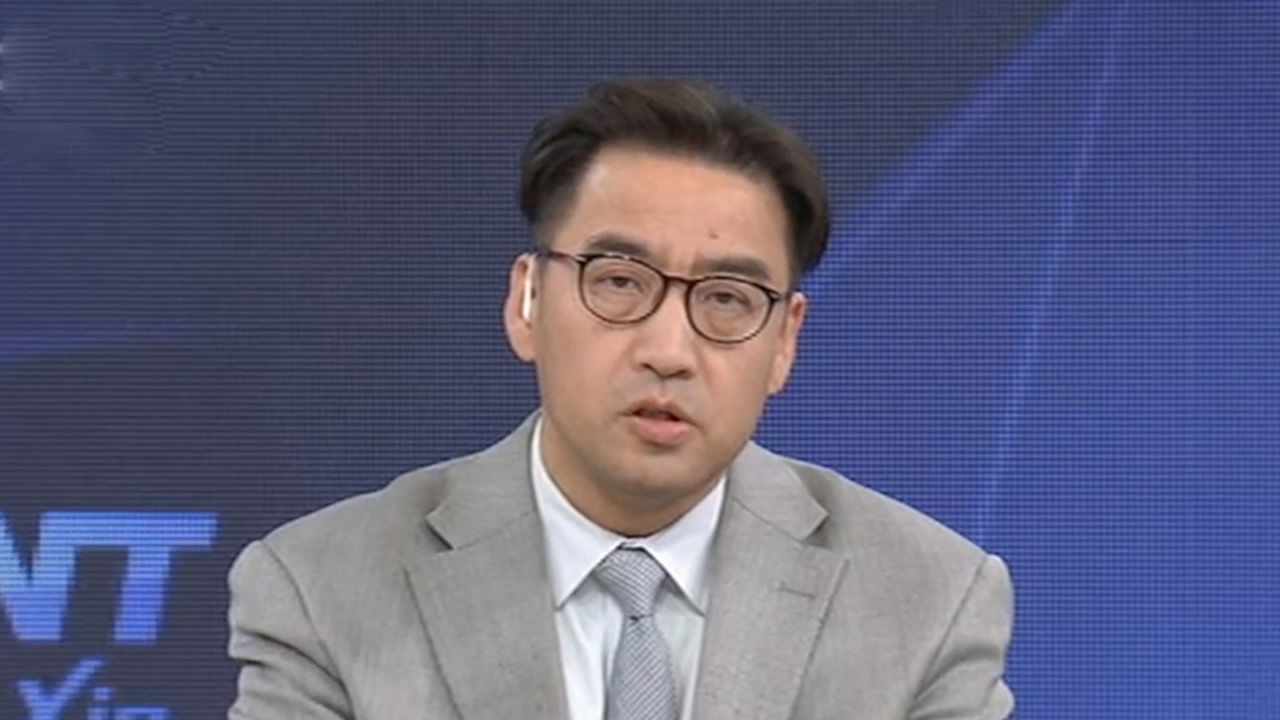
Fu Jun, professor of political economics at Peking University, compared China’s development path that Westerners tend to describe as the “Chinese Model” to a black box, saying that as China is such a large country, there are infinite paths inside the box.
“If you open the box, you see different models (inside),” Fu said, citing the market-oriented model in Eastern China’s Zhejiang Province, the foreign capital-oriented model in Shanghai and the state-dominated model in some other cities.
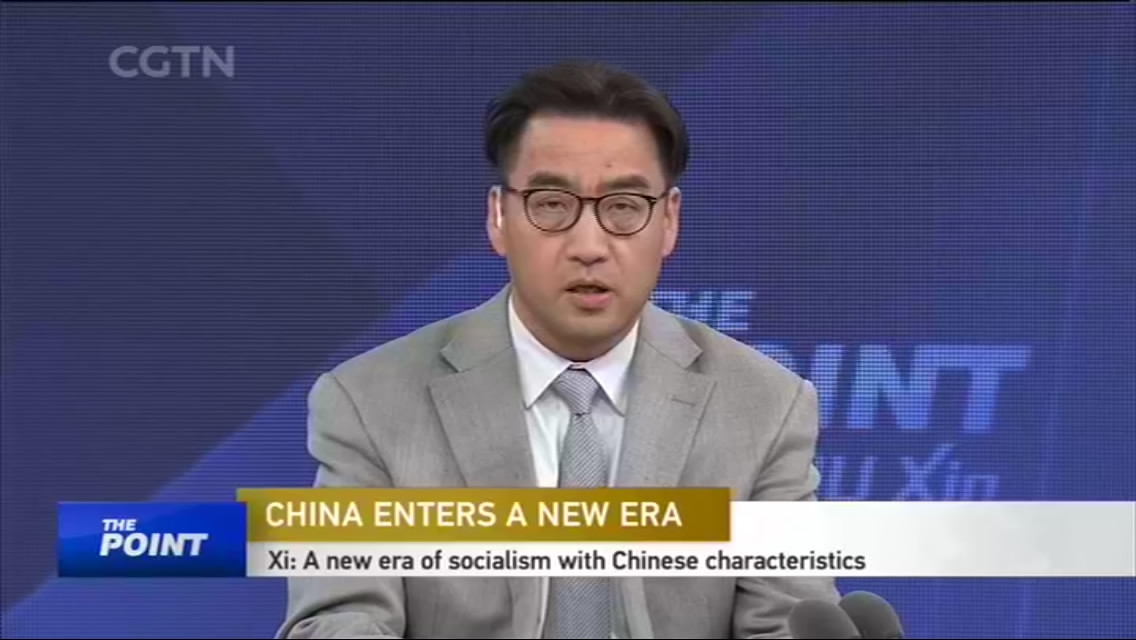
Fu Jun, professor of political economics at Peking University. /CGTN Screenshot
Fu Jun, professor of political economics at Peking University. /CGTN Screenshot
“But during different periods of time, different models probably will be superior to others,” Fu noted, adding that the development policies for any country shouldn’t necessarily copy China’s, so long as they are sensitive to domestic conditions.
The Point with Liu Xin is a 30-minute current affairs program on CGTN. It airs weekdays at 9.30 p.m. BJT (1330GMT), with rebroadcasts at 5.30 a.m. (2130GMT) and 10.30 a.m (0230GMT).
0km

SITEMAP
Copyright © 2018 CGTN. Beijing ICP prepared NO.16065310-3
Copyright © 2018 CGTN. Beijing ICP prepared NO.16065310-3